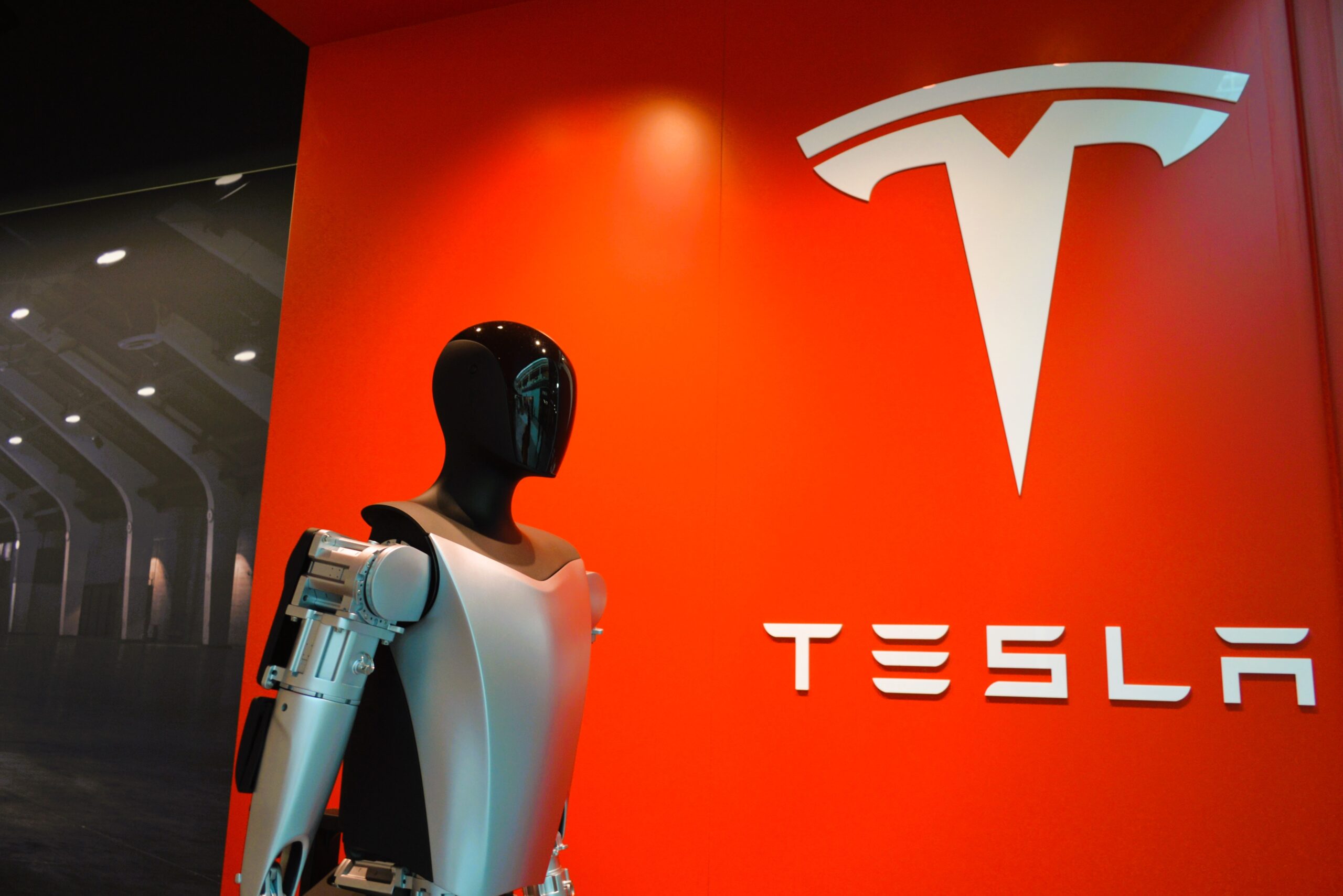Tesla Mandates Suppliers to Ditch China-Made Components for U.S. Vehicles Amid Tariff Volatility
Tesla, Inc. (NASDAQ: TSLA) is implementing a significant shift in its supply chain strategy by requiring suppliers to eliminate China-made parts from vehicles manufactured in the United States. According to a recent Wall Street Journal report, this decision reflects growing concerns over fluctuating U.S.-China trade policies and the reliability of rare-earth elements and semiconductor supplies.
Supply Chain Realignment for U.S. Production
Tesla and its supplier network have already replaced several China-sourced components. The company aims to transition all remaining parts to non-China sources within the next one to two years. This move is intended to shield U.S. production lines from tariff-related cost risks and supply chain disruptions, providing greater stability amidst uncertain geopolitical tensions.
The push to diversify away from China-based components has intensified due to unpredictable cost structures created by tariff policy swings in recent years. Tesla’s focus aligns with a broader industry trend seeking to mitigate exposure to trade conflicts and supply bottlenecks.
Industry-Wide Response to Tariff Exposure
Automotive executives across the sector are actively revising supply chain strategies due to ongoing tariff volatility. Recent concerns over rare-earth material shortages and semiconductor supply constraints have prompted companies to reduce their dependence on China.
General Motors, for example, has instructed thousands of its suppliers to eliminate China-made parts, underscoring a wider industry movement towards alternative sourcing.
Challenges in Tesla’s China Market Performance
Tesla’s operations in China are confronting new headwinds as well. Data from the China Passenger Car Association shows a 9.9% year-over-year decline in China-made electric vehicle (EV) sales for October, with deliveries falling to 61,497 units. This represents a reversal from a 2.8% sales increase recorded in the previous month.
Production at Tesla’s Shanghai facility also dropped significantly, with Model 3 and Model Y output declining by 32.3% compared to September. The reduction includes vehicles destined for both domestic and export markets, highlighting challenges in maintaining momentum within this key region.
Increasing North American Sourcing Efforts
For the past two years, Tesla has intensified efforts to increase North American sourcing in order to minimize tariff risk. This strategy echoes the broader shift within the automotive industry to reduce reliance on China amid growing geopolitical risks and supply chain vulnerabilities.
TSLA Stock Performance Snapshot
As of November 14, 2025, Tesla’s stock performance reflects this transitional period. The company reported a modest year-to-date (YTD) return of 0.13%, lagging behind the S&P 500’s 14.49% gain. However, Tesla’s 1-year return of 29.94% outperformed the benchmark, while longer-term returns remain robust with 3-year and 5-year gains of 111.76% and 196.95%, respectively.
At market close, TSLA traded at $404.35, with after-hours prices around $405.42, showing modest intraday gains.
Outlook
Tesla’s restructuring of its supplier ecosystem marks a strategic, long-term defensive move aimed at navigating the evolving geopolitical landscape and regulatory challenges. As the auto industry continues to adapt to shifting trade policies and supply constraints, Tesla’s proactive supply chain realignment positions it to mitigate risks and secure its manufacturing footprint in North America.
—
Stay informed on Tesla and other market movers with KnockoutStocks.com — a data-driven platform offering live prices, charts, and KO Scores to help you identify top breakout stocks.
https://coincentral.com/tesla-inc-tsla-stock-tesla-shifts-away-from-china-made-parts-amid-tariff-pressure/

Be First to Comment